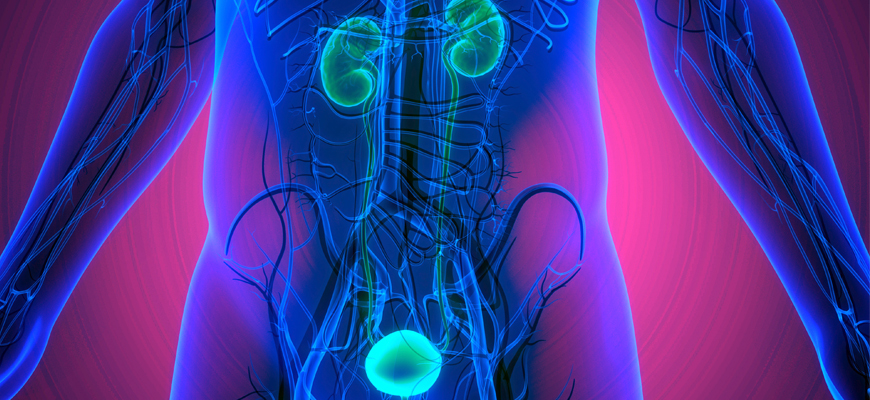
A urinary tract infection (UTI) is an infection in any part of your urinary system — your kidneys, ureters, bladder and urethra.
Urinary tract infections typically occur when bacteria enter the urinary tract through the urethra and begin to multiply in the bladder which may go on to cause a urinary tract infection.
Urinary tract infections (UTIs) – NHS
Why do we need to improve UTI management?
- Overuse of antibiotics causes antibiotic resistance, so antibiotics no longer work
- In Wirral, we are one of the highest prescribers of antibiotics for urinary tract infections in the UK
- We have among the highest rate for admissions to hospital for UTI in England particularly in 70+ population
How to reduce the risk of UTI
Staying hydrated will help to reduce the risk of UTI. Drinking plenty of fluids make you pee more often, helping to flush bacteria out of the urinary tract.
Older Persons Care Home UTI Training
General Practice UTI Training
| Date | Venue | Link to session |
| Wednesday 28th February 2024 12-1pm | MS Teams | Click here to join the meeting |
Preventing Dehydration
Hydration
It is recommended that you aim to drink at least eight cups per day (unless you have been advised to restrict your fluid intake for medical reasons). Any fluid, except alcohol counts including milk, water, tea, coffee and fruit juice. Other foods such as ice cream, ice-lollies, jelly, soup, yoghurt, milk puddings or water rich fruits such as melons can also count towards your fluid intake. The key is to drink regularly throughout the day to prevent dehydration.
Improving fluid intake – Hydrating fruits and vegetables
Cucumber – 96%
Pineapple – 95%
Lettuce – 95%
Celery – 95%
Tomato – 94%
Watermelon – 92%
Grapefruit – 90%
Blueberries – 85%
Pear – 84%
Resources:
Hydration information leaflet – Wirral Community Health and Care NHS Foundation Trust
Hydration Risk Assessment Tool
For Health Care Professionals
Urine dipping (urinalysis) should not be undertaken in those aged over 65 years and those with a urinary catheter Dipstick poster
Urine sampling
Urine samples should be sent for all adults presenting with a possible UTI who fall within the following categories:
- 65 years (greater than 65 years – men & women)
- Pregnant women
- Catheter Associated UTI
- Symptoms of upper UTI / pyelonephritis
- Recurrent UTI (2 episodes in 6m or 3 episodes in 12m)
- Failed treatment or non-response
Consider risk factors for resistance and send urine for culture if:
- Abnormalities of genitourinary tract
- Renal impairment
- Care home resident
- Hospitalisation for > 7 days in last 6m (greater than 7 days)
- Recent travel to a country with increased resistance
- Previous UTI resistant
Rationale for urine sample:
- Determine whether the person’s symptoms are caused by a UTI or are more likely to be another problem
- Make sure that the antibiotic the person is being treated with is appropriate in order to kill the bacteria
- Identify resistant bacteria
(NB: People who are 70+ years and/or live in a care home are more likely to have an infection caused by antibiotic resistant bacteria)
For further information:
Urinary tract infections (UTIs) – NHS
Overview | Urinary tract infection (lower): antimicrobial prescribing | Guidance | NICE
Managing Common Infections in Adults – UTI – Treatment (2021)